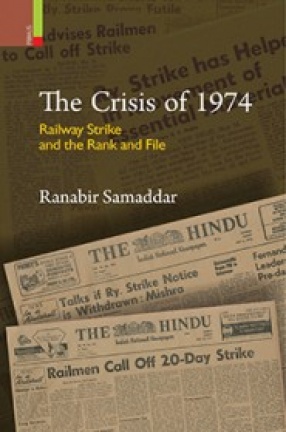
Ranabir Samaddar

Showing all 15 books

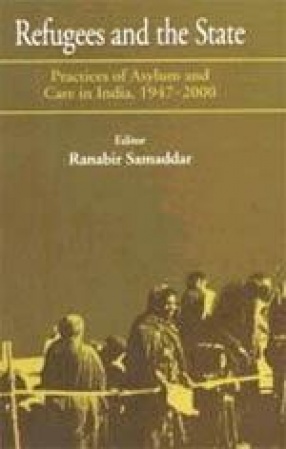

This book on the Indian Railway Strike of 1974 looks at the history, the role of the rank and file in the strike, and the fate of the strike itself. Even as one of the most distinctive aspects of the strike was the autonomy of the rank and file, the significance of the struggle had much to do with the nature of the time. The country was in the midst of a general political crisis, sections of the peasantry were in revolt, and there were expressions of solidarity ...
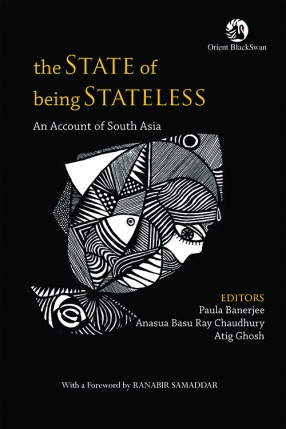
State lessness is defined as the quality of being without a state, a nationality, or even the protection that nationality should offer. Addressing the lacuna in literature on stateless people in post-colonial South Asia, this study brings together the lived experiences of diverse stateless groups within a comparative framework. Through research conducted across dissimilar groups in different geographical locations-India, Pakistan, Bangladesh, Sri Lanka, Nepal, ...

Alzheimer s is the commonest form of dementia, a condition that denotes not only memory loss but degeneration of all motor abilities. It has been estimated that the incidence of Alzheimer s and other dementias among the ageing in India is as high as 47 per cent.
This is the story of Krishna Bhattacharya s fight against Alzheimer s, written by her husband. It is a frank, sensitive and unsentimental account of inadequate medical knowledge; of the importance of ...
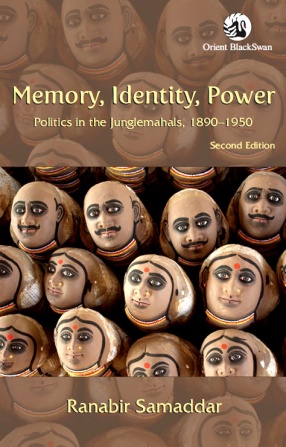
First published in 1998, Memory, Identity, Power is a full-length study of the Junglemahals, an area lying at the margins of the Indian state of West Bengal. Rather than folding into frontier forgetfulness, Junglemahals has seen frenetic administrative and political activity and has been the focus of scholarly attention because of continuous struggles by the indigenous peasants of that area. Spanning the period between 1890 and 1950, this book describes in ...
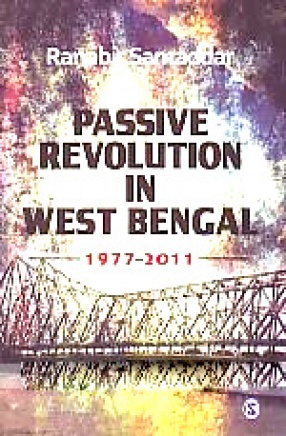
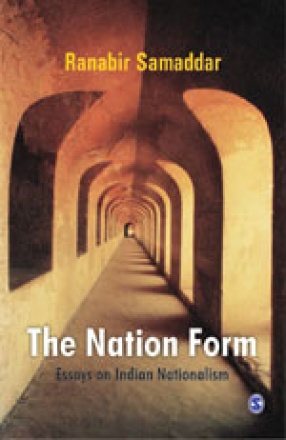
Most writings on the theme of the nation confine themselves to discussions of ideology and thought, leaving out the question of the form of the nation. This selection of writings by Ranabir Samaddar fills in that void, presenting within two covers a whole range of dimensions, perspectives, and controversies of the last two decades on the question of the nation in India. It looks at the form of the Indian nation in terms of contests, contradictions, classes, and ...
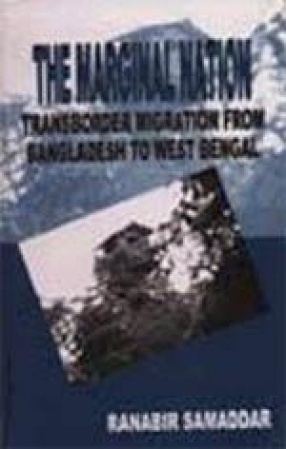
Throughout South Asia, questions of 'illegal immigration' combined with those of 'national security' have acquired politically explosive dimensions in recent years. Despite this, migration studies have remained, by and large, confined to the domains of economics and demography. Dealing with transborder migrations from Bangladesh to West Bengal, The Marginal Nation analyzes these issues within a richer perspective which accommodates the historical, cultural and ...
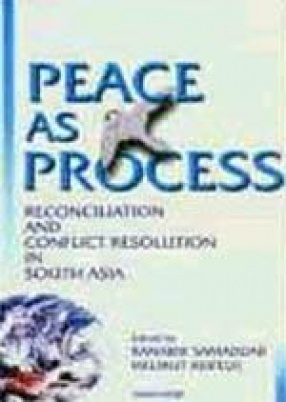
Peace as a political value is the fundamental strain of this book. As the book argues through its essays, peace studies originate not only from desire, concern and care, but also from a critical perspective that interrogates all received ideas and actions about conflict and war. Such a critical perspective stems from three principles. First, it is informed by an awareness of human rights and justice. Second, it concerns itself with effecting changes in ...
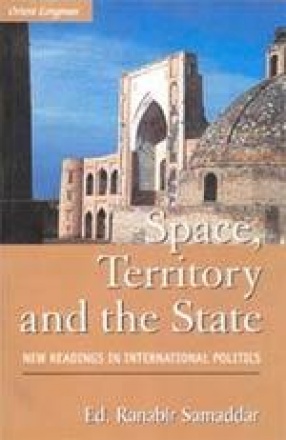
The fall of the Berlin Wall in 1989 freed historians and social scientists from the compulsions of a cold-war-proscribed worldview; simultaneously, it allowed those whose perceptions had been subsumed under this narrative to assert their interpretation of world history. In addressing the neglected issues of space, border and statelessness in international politics, this collection of essays contributes a much-needed ‘view from the South’. From a discussion on ...

These essays show that contrary to the widespread belief, nationalism is not all about the celebration of territory as a marker of identity and power; it is also about time in a fundamental way. The anxiety over time is as fundamental as the one over space. Indeed space appears as one in the distribution of the elements that go into making the time of nationalism. The author contends that, each time the nationalist destiny of Muslim Bengal took a clearly ...
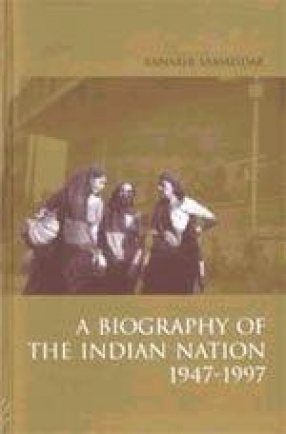
What makes a nation a nation? A Biography of the Indian Nation contextualises this question in a uniquely new paradigm by concentrating on the post-colonial phase rather than the colonial period of Indian history in charting the evolution of Indian nationalism. It gives primacy to politics rather than concentrating merely on historicism and cultural analysis. As Professor Samaddar argues, it is only with the assumption of state power that the nationalist journey ...

This volume analyses India’s reasonably good record of providing protection and hospitality to refugees, while pointing out the contradictions in the relation between these positive aspects and the manner in which state power has been exercised in post-colonial India. In examining the varied encounters between the state and refugees, the contributors demonstrate that India’s story of providing care is simultaneously one of limiting care. It reveals the power ...

The dominant definition of 'peace', which is largely western in origin, revolves around minimalist and narrow understandings of 'security' and 'conflict management' wherein 'peace' is reduced to merely an absence of war. In recent years, a significant corpus of scholarly work has emerged which challenges these received notions. Adopting a much broader approach, these studies seek to link peace with issues of justice, dignity, dialogue, and reconciliation. They ...
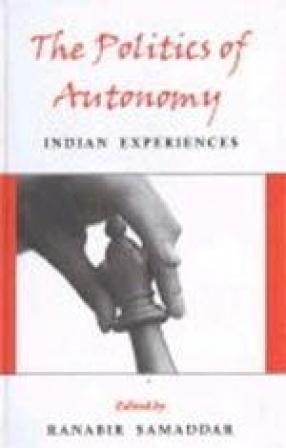
At a time when movements by women, indigenous people, Dalits, various minority groups, and other sections are rising to prominence, what will the future of politics be like? How will autonomy--the efforts of various sections of society to resist the power of the state--change the way we understand democracy As this volume tells us, a critical inquiry into the idea of autonomy suggests that the politics of the future will be the politics of autonomies: an ...

The backdrop to the book a -- comparative study of several countries across three continents --is the understanding that every good constitution rigorously separates the legislature, executive, and judiciary from one another to guarantee the independence of each of these powers, such that this separation results in life, liberty and security. However, the constitution also symbolises and produces power. As such, constitutionalism as a political culture of laws ...
